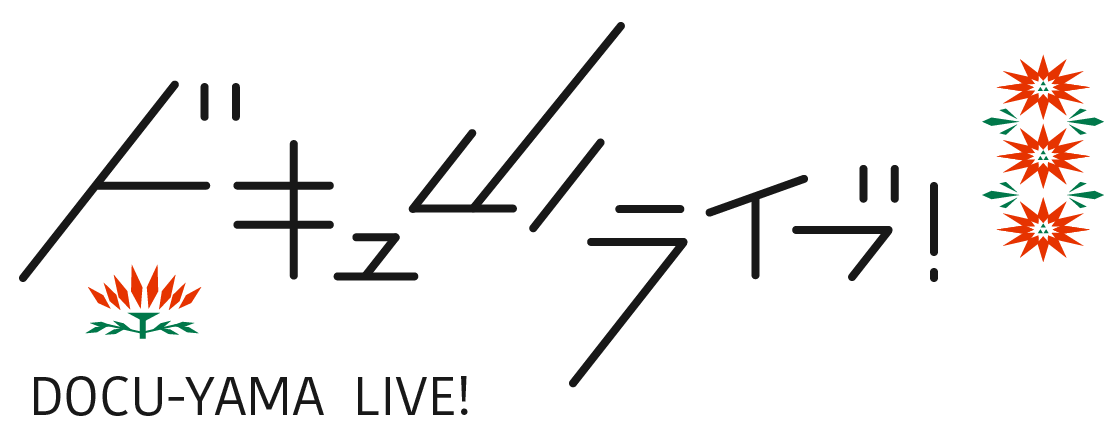
Van Do
I have asked I don’t know how many times
but nobody answers my questions
it’s absolutely necessary for the abyss to answer
once and for all, because there isn’t a lot of time left
—Nicarno Parra
It takes only 80 minutes to watch till the end of Night Shot, and probably less than ten minutes to read this text I’m writing. But it’s necessary to be reminded that it took nine years for this film to be born into the world. The director, Carolina Moscoso Briceño, decided to turn the camera to herself after the rape happened to her nine years ago. A “package” of 80 or ten minutes would never do justice to the trauma that has jeopardized her life.
The first few minutes into Night Shot, we are made aware of Carolina’s account of her rape case, which, throughout the film, we know she’s already had to tell so many times. The film then follows her daily interactions, carrying the unhealed wound inside—narrated through her poetic, and somehow utterly vulnerable, ruminations laid bare on screen—and testifying about her case against the medical and legal systems. Towards the end, we read the final words that are the end to her attempts: “I hope your wounds heal through channels outside the law.” This is where the system has failed its people immensely. And cinema is where Carolina turned to as her last resort, a capacious and forgiving one that accompanies her on her healing process.
I lost count of how many times in the film Carolina was rejected by the systems that are supposed to protect her, to work for her. The first time at the hospital after the rape, she asked the doctor for the morning-after pill, a request the doctor refused. The second and third times, she was called to the DA’s office just to be asked the same set of questions, including one implying that she was to blame for being raped: “Didn’t you ask to go out with him?” The fourth time, she was asked to identify the rapist among three presented pictures, to which she responded with 70% certainty. The lack of 30% was later used against her. The fifth time, when she reopened the case after eight years, she was said to be putting herself into a difficult situation because she hadn’t been certain enough and actively engaged enough. It feels like banging one’s head against the wall. “It’s you who have to tell your own story”; “you have to talk”; “your presence is needed”—but when I talk, who is there to actually listen? when I talk, why do I find myself having to repeat myself?
This is a system in which nobody can ever prove enough. It will dismiss you from the most personal choice (the right to your body), see you through certain socially prejudiced lenses (potentially gender-based), cut short the time required for you to mentally recover and consciously participate in the process (rape cases only last for ten years, and five years if the rapist is a juvenile at the time of committing rape). This is a system that prefers box-ticking and reducing gradients into black and white. What is this kind of system that makes its people, especially when they’re most fragile, go through an almost dehumanizing process, rendering them into default true-or-false? If there’s one thing that this system succeeds in doing, it’s creating a labyrinth of procedures and regulations that do their best to exhaust people and make them stop halfway, in short of breath, patience, and dignity to invest in these attempts to claim their rights.
The other day when I chatted with Linh, another participant of the film criticism workshop, we talked about the challenges of making films about current social issues or marginalized groups of people, which are often subjects of interest for many documentary films. Regardless of the creative strategy used to approach the film or the dedication of time and resources in the making of it, such works (to me), often because of a lack of a personal “why” and personal connection to the subjects, are easily prone to imposing an outsider’s somewhat privileged point of view, often with certain predetermined frameworks to link causes to effects. What we rarely get to hear is the deeply personal, the highly particular, the perplexing, even contradicting, persona, that doesn’t package issues into figures and percentages, movements and categories. It’s even worse on the news these days. Competing for reader’s short attention span, news agencies take on the formula of sexualizing and scandalizing crimes, often with intentionally exposed sexual or shocking elements, as bait for clicks and likes.
In Night Shot, I find what exactly is missing. The film amplifies a voice, soft and low, that the world needs to hear more often. Then we will know why victims of sexual assault and rape often cannot be certain, and they cannot be exact. I don’t know anything about the Chilean film scene or culture, neither do I know enough about the filmmaker’s upbringing and background, to know whether she was naturally born with a gift of relating to the world with such nuanced images and the ability to read between the lines. But I like all the metaphors Carolina chooses to live by. These metaphors run through the body of the film as its blood vessels—the night vision function of the camera and our perception in the dark; fire, a lot of fire (the fireplace where she plays guitar, the ritualistic fire of cleansing power, the burning fire that breaks out in a protest), and chlorophyll disease (though the signification of this escaped me).
There is this scene capturing Carolina’s friend giving birth near the end of the film that completely froze me for a while, for the proximity of pleasure and pain, ecstasy and agony, that appeared so visceral and literal, yet so immersive and powerful, on the screen. I have only seen this twice, both times in films, the other time being Stan Brakhage’s Window Water Baby Moving, which also sent chills to my spine.
I have a sense that a winding road still lies ahead for Carolina, but she’s found her home in the cinema somehow. What other kind of system gives you this much space to meander, to get lost, to connect loose dots, to seek refuge in the therapeutic process of self-interrogation? I am in awe of Carolina and her bravery in baring her soul to the world, and of cinema for being a space accepting and elastic enough, particularly in Night Shot, for grief, shame, and fear to play out, and still be allowed.
![ドキュ山ライブ! [DOCU-YAMA LIVE!]](http://www.yidff-live.info/wp-content/themes/yidff-live_2017/images/header_sp_logo1.png)

